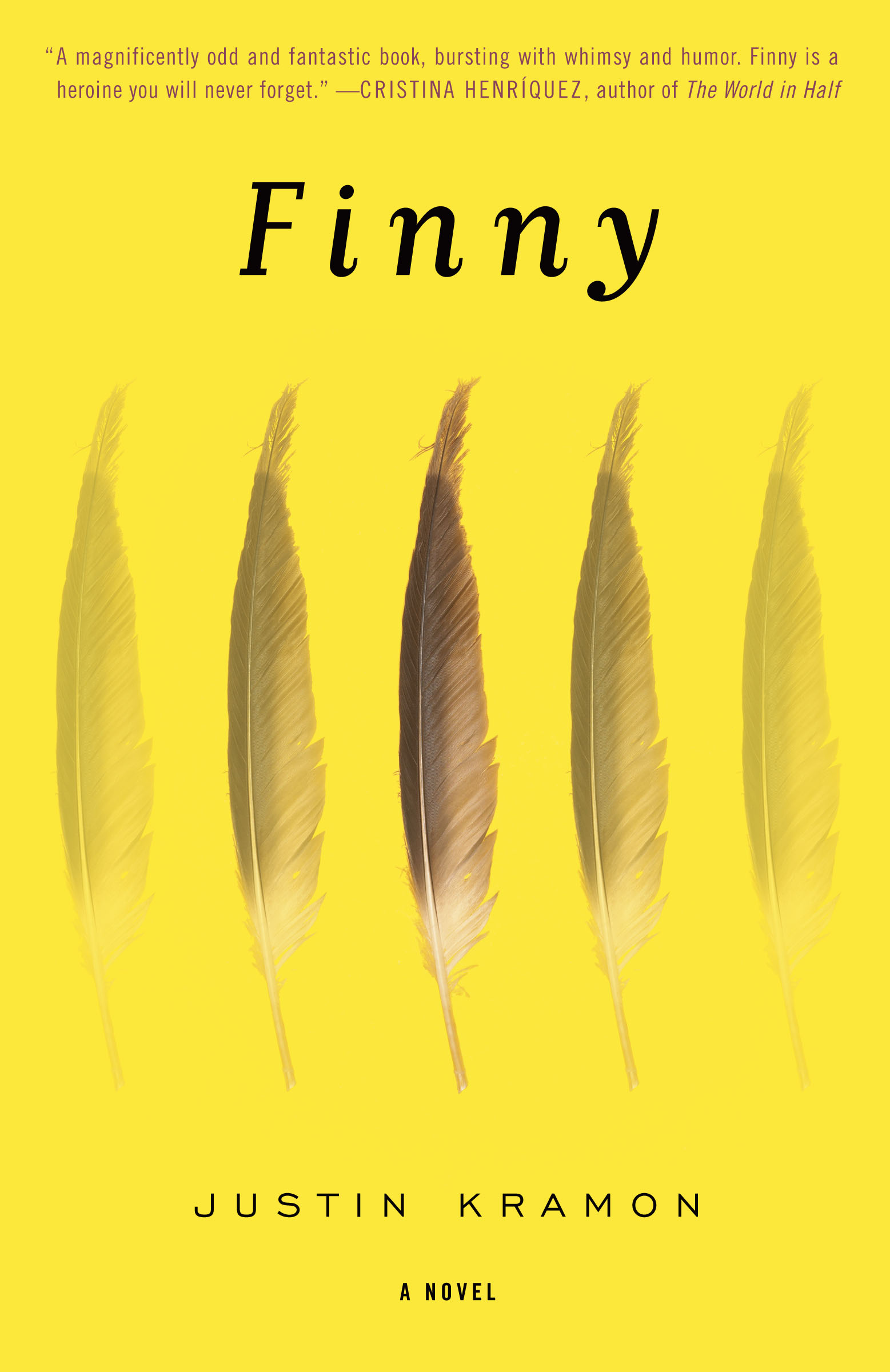In which the writer Mark Trainer explains how old ideas can spring to life when you least expect it:
 One of my writing teachers way back when, George Garrett, used to say of being a writer, “Nothing is ever lost.” He meant it as comfort when every lit mag under the sun had rejected your story. Just because you can’t make use of it now doesn’t mean you won’t be able to years down the road. It’s true for the ideas we have for stories as well. The first story I published originated with a single sentence I discovered in some notebooks (otherwise terrible) that I’d written when I was fourteen or fifteen.
One of my writing teachers way back when, George Garrett, used to say of being a writer, “Nothing is ever lost.” He meant it as comfort when every lit mag under the sun had rejected your story. Just because you can’t make use of it now doesn’t mean you won’t be able to years down the road. It’s true for the ideas we have for stories as well. The first story I published originated with a single sentence I discovered in some notebooks (otherwise terrible) that I’d written when I was fourteen or fifteen.
The story that St. Martins Press has just published as an e-book, New Wife, had an even longer gestation. I’m not proud of this, but during college some friends and I used to watch a soap opera during lunch—okay, it was All My Children. When they change one of the actors on a soap — just before her first appearance — there’s usually a voice-over that says, “The part of Alexis Stone [or whoever] is now being played by Jane Smith.” But if you miss the day when this announcement is made, you tune in next time to see a stranger being treated as though she is Alexis. Alexis’s children hug this unfamiliar person and call her Mommy. All the family pictures used for set decoration now include this person, as though the former actor had never existed. I remember thinking back then that it would be interesting to transpose that situation onto the real world. Maybe it would make a good skit for SNL or something. It just took 25 years to find the context that would give this idea resonance.
Here’s a strange and dangerous thing: The ideas that have worked the best in this way are the ones I never wrote down. Maybe it’s because they seemed more like gags than the seeds of Literary Fiction. Sometimes even in the simple act of jotting down an idea, you limit it in some way, give it a point of view and a context that fix it in the place it was found rather than letting it find the place it wants to go.
Late last spring, I found myself thinking about a couple of much older friends suffering from memory loss and dementia. It led me to think how delicate the mental threads are that connect us to the people closest to us, and how we forget some things exactly because we never imagined we could forget them. The name of your best friend’s husband or the lyric to a favorite song will temporarily slip away because they’re so familiar you haven’t taken any steps to fix in them in your memory. I have elaborate systems in place to make sure I remember where my glasses are, but nothing to make sure I remember my daughter’s face.
I was sitting in a coffee shop on Capitol Hill across from my wife, both of us staring into computers. Could the misfiring of a couple of neurons, I thought to myself as I looked over the table, make me forget you? And then I’d be like that viewer watching the soap opera, wondering why everyone was pretending that this stranger was my wife. I wrote the first few paragraphs and then realized the meter on our parking space was about to run out. (And a note about titles: I had to save the file as something as we rushed out; “New Wife” was the product of half a second’s thought, but it never got changed.)
The rest of the writing was a process of following a small idea to its logical conclusion, placing an odd premise in a context that’s as recognizable and ordinary as most of our daily lives. If my character doesn’t recognize his wife, what about his son? Will he forget him too? Wouldn’t he have to manage his job, his household chores, and everything else while he wonders why no one else thinks this woman isn’t who she’s supposed to be? And is there a reason for all this forgetting? Is there any way to turn it around? I felt like I’d come a long way from the soap-opera-casting premise and found a way to express something about how we incorporate our past into our present.
It’s a great feeling to find a good use for something that’s been kicking around your writer’s toolbox for years. Better still when it’s something you could so easily have forgotten. And yet you didn’t.
Mark Trainer (@marktrainer on Twitter) is a writer living on Capitol Hill. His stories have appeared in The Mississippi Review, Shenandoah, Brain, Child, and elsewhere. His nonfiction has appeared in The Washington Post.





























